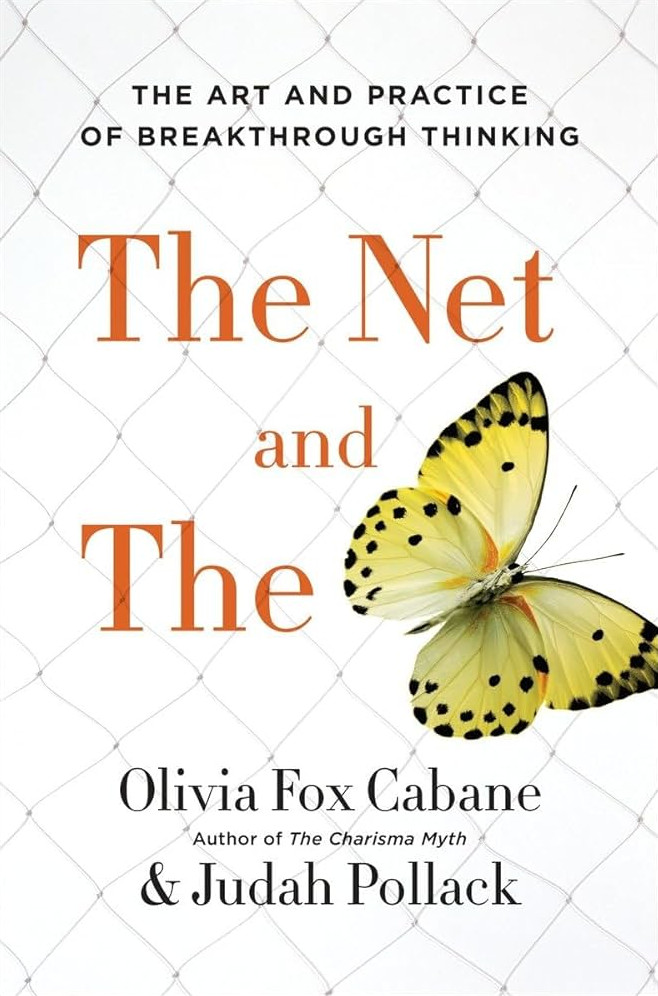My GPTs and prompt engineering

Ponies are doing prompt engineering (c) DALL-E
I've been using ChatGPT almost since the release of the fourth version (so for over a year now). Over this time, I've gotten pretty good at writing queries to this thing.
At some point, OpenAI allowed customizing chats with your text instructions (look for Customize ChatGPT in the menu). With time, I added more and more commands there, and recently, the size of the instructions exceeded the allowed maximum :-)
Also, it turned out that a universal instruction set is not such a good idea — you need to adjust instructions for different kinds of tasks, otherwise, they won't be as useful as they could be.
Therefore, I moved the instructions to GPT bots instead of customizing my chat. OpenAI calls them GPTs. They are the same chats but with a higher limit on the size of the customized instructions and the ability to upload additional texts as a knowledge base.
Someday, I'll make a GPT for this blog, but for now, I'll tell you about two GPTs I use daily:
- Expert — answers to questions.
- Abstractor — makes abstracts of texts.
For each, I'll provide the basic prompt with my comments.
By the way, OpenAI recently opened a GPT store, I'd be grateful if you liked mine GPTs. Of course, only if they are useful to you.
About the book "The Net And The Butterfly"

I bought "The Net And The Butterfly" by mistake when I was in St. Petersburg about 5 years ago and organized a book-shopping day. I bought about 10 kilograms of books :-D, grabbed this one on autopilot without reading the contents. I thought the book would be about the network effect and the spreading of ideas, but it turned out to be about how to "manage" a brain relying on one of the neural networks in it. Which network? For the book and its content it does not matter at all.
My opinion of "The Net And The Butterfly" is twofold. On the one hand, I cannot deny its usefulness, on the other… the material could have been presented 100 times better and 3 times shorter. Sometimes, the authors walk on thin ice and risk falling into information peddling/marketing fraud.
About the book "Economics: The User's Guide"

Cover of the book "Economics: The User's Guide"
This is the second book by Ha-Joon Chang that I've read. The first one, Bad Samaritans [ru], left a good impression, and it was also positively reviewed by Tim O'Reilly in his book WTF? [ru]. So, "Economics: The User's Guide" took its place on my reading list, and finally, I have read it.
Here and further, all quotes point to the Russian edition of the book and are translated into English by me (I have only the Russian edition) => inconsistencies are possible because of double translation English->Russian->English.
According to Chang, the book was conceived as an "introduction to economic theory for the widest possible audience" (page 299), and this reflects its essence well. I would only add, from the perspective of my post-Soviet education, that the book looks more like an "overview of the diversity and complexity of economics, supplemented with an introduction to the theory" rather than an "introduction to the theory".
The book contains no mathematical formulas or jaw-dropping statistics, just concrete facts. What makes it valuable, however, is a set of prisms through which you can — and should — view the economy to gain a basic understanding of what's happening around you.
Chan provides a set of points of view through which you can examine economic processes; describes their advantages and disadvantages; accompanies all this with examples, historical references, and facts.
Since the book serves as a sort of textbook, I won't attempt to retell it in full — this would lead to an attempt to repeat the book in a couple of pages, and I definitely can't do that. I will limit myself to describing the author's view of the economy as a whole as I understood it.
Hello, World!
Nice to meet you, friends!
My name is Aliaksei, but feel free to call me Tiendil — it is my nickname for the last 20 years or so :-)
A few words about me:
- By occupation, I am a software developer, mostly backend, mainly in Python.
- For most of my career, I've been working in game development on big projects and own indie games.
- I like playing games, reading books, and writing long-reads about partially complex topics.
You can find more about me:
- In the about page
- In my GitHub profile: github.com/tiendil
- In the LinkedIn profile: linkedin.com/in/tiendil
This is my first blog post in English, but not the first one in general. I have blogged in Russian for a long time and have always wanted to share my thoughts with the English-speaking world. At last, I found some time to adapt my blog, and here we are!
Most of the future posts will be bilingual (English & Russian). Also, with time, I'll translate my most interesting old posts.
Once again, nice to meet you! Feel free to contact me by any means.